Enhancing Regulatory Compliance and Transparency in Private Equity
In the dynamic private equity world, regulatory compliance and transparency are more critical than ever. With new regulations from bodies like the U.S. Securities and Exchange Commission (SEC), private equity firms must adapt their practices to ensure compliance and maintain investor trust. This article delves into the significance of these regulatory changes and how firms can effectively update their operations to meet new standards.
The Impact of New Regulations
The SEC has introduced a series of regulations to increase transparency and accountability in the private equity sector. These regulations are designed to protect investors by ensuring that firms disclose critical information about their operations, investments, and performance. Emphasizing transparency helps mitigate risks and fosters a more trustworthy investment environment (Allvue Systems) (MS Learn).
One of the significant changes involves stricter reporting requirements. Private equity firms must now provide detailed disclosures about fees, expenses, and conflicts of interest. These disclosures are intended to give investors a clearer understanding of how their money is being managed and the associated costs. By enhancing transparency, these regulations aim to prevent potential abuses and ensure fair treatment of all investors.
Adapting Investor Relations
Private equity firms are revising their investor relations practices to comply with the new regulations. This includes implementing more robust communication strategies to inform investors about fund performance and operational changes. Regular updates and transparent reporting are essential to building and maintaining investor trust.
For example, firms increasingly utilize advanced digital platforms to streamline communication and reporting. These platforms can automate the generation of performance reports, making providing accurate and timely information to investors easier. Additionally, digital tools can facilitate more interactive and personalized communication, allowing firms to address investor queries more effectively (Microsoft Adoption) (MS Learn).
Updating Back-Office Processes
Compliance with new regulatory standards also necessitates significant updates to back-office processes. Private equity firms invest in advanced technologies to enhance operational efficiency and ensure accurate reporting. This includes adopting AI-powered tools and automation to manage complex regulatory requirements and streamline data management.
Microsoft Copilot, for instance, offers a suite of tools that can assist in automating compliance tasks and improving data accuracy. By integrating Copilot into their operations, firms can ensure that all financial reports, compliance documents, and investor communications are prepared with the highest precision and consistency (Microsoft) (MS Learn).
The Role of Technology
The role of technology in regulatory compliance cannot be overstated. Advanced analytics and AI-driven insights help firms identify and proactively mitigate potential compliance risks. By leveraging technology, private equity firms can comply with current regulations and stay ahead of future regulatory changes.
For instance, Microsoft Copilot’s data analysis and document automation capabilities can significantly reduce the manual effort involved in compliance tasks. It can analyze large datasets to identify discrepancies, generate compliance reports, and predict potential regulatory issues based on historical data. This proactive approach helps firms maintain compliance and avoid costly penalties (Microsoft Adoption) (MS Learn).
Ensuring Long-Term Viability
Ultimately, enhancing regulatory compliance and transparency aims to ensure the long-term viability of private equity firms. By adopting best practices in investor relations and back-office processes, firms can build a solid foundation of trust and accountability. This attracts more investors and strengthens the firm’s reputation in the market.
Investing in compliance infrastructure and technology is about meeting regulatory requirements and positioning the firm for sustained growth and success. As regulatory landscapes evolve, firms prioritizing transparency and compliance will be better equipped to navigate challenges and seize new opportunities.
Conclusion
In conclusion, the new SEC regulations represent a significant shift towards greater transparency and accountability in the private equity sector. By updating investor relations and back-office processes, private equity firms can enhance compliance efforts, build stronger relationships with investors, and ensure long-term viability. Embracing advanced technologies like Microsoft Copilot can further streamline these processes, making regulatory compliance more manageable and effective.
For more detailed insights and implementation guidance, you can explore the Microsoft Copilot Scenario Library and Empower Your Workforce with Copilot for Microsoft 365 Use Cases from Microsoft.
Our IT Support Services are 100% focused on Private Equity-Backed Companies.
Contact Compello Partners for a Complimentary IT Assessment
Learn More